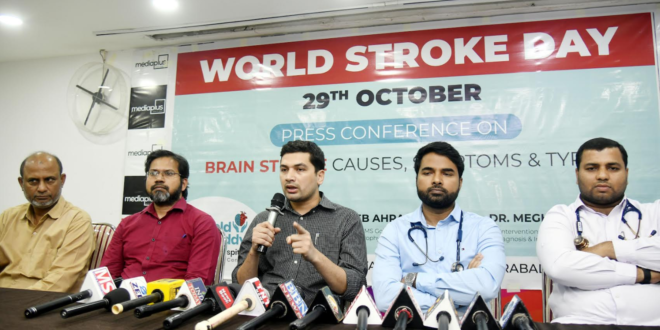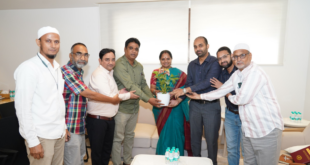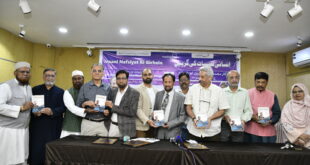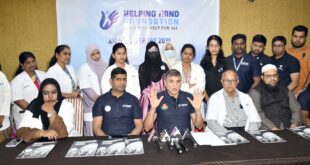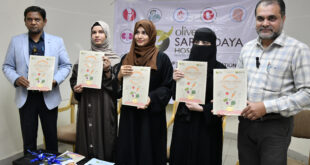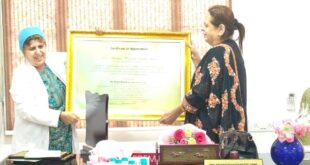Hyderabad, October 29: On World Stroke Day, observed globally on October 29, experts in neurology are making an urgent appeal for heightened public awareness about strokes and their potentially life-threatening consequences. Specialists urge the public to adopt preventive health practices and recognize critical stroke symptoms to enable timely intervention.
Speaking at a press conference at the Media Plus Auditorium on Tuesday evening, neuro-specialists from Glenfield Mallareddy Brain and Heart Hospital emphasized the importance of managing strokes within a four-hour window from onset, as delays can lead to severe, often irreversible brain damage. Dr. Shakeeb Ahrar, a neurophysician, explained, “A stroke occurs when blood flow to the brain is disrupted, either by a blockage or a rupture in a blood vessel.”
There are two primary types of strokes. The first, ischemic stroke—the most common form—accounts for the majority of stroke cases. It occurs when a blood clot or build-up of plaque blocks a major artery in the brain, preventing essential oxygen from reaching brain tissue, noted neurosurgeon Dr. Mohammed Ali. The second type, haemorrhagic stroke, occurs when a blood vessel within the brain bursts, causing blood to spill into nearby tissue. This increases pressure on the brain and can lead to severe complications if not addressed immediately, warned neurosurgeon Dr. Satish Kumar.
Describing common symptoms, general physician and diabetologist Dr. Mohammed Yousuf explained that the FAST acronym aids in identifying early stroke signs: F stands for Facial drooping, A for Arm weakness, S for Speech difficulty, and T for Time to call emergency services immediately. Dr. Younus Ansari urged the public to seek early diagnosis at the first signs of a stroke.
Neurologists further highlighted that lifestyle factors such as smoking and excessive alcohol consumption increase stroke risk. They advised regular monitoring of cholesterol levels, particularly LDL or “bad” cholesterol, which should ideally remain below 100 mg/dL to minimize risk.
“Every minute during a stroke results in the loss of over 1.2 million brain cells, which cannot be repaired,” they cautioned. Doctors emphasized that early detection through scans and diagnostic assessments can significantly reduce long-term effects.
The experts called on the public to adopt healthier lifestyles, stay vigilant about stroke symptoms, and act quickly upon recognizing any signs to reduce both the severity and prevalence of stroke cases.
 Gawah (The Witness) – Hyderabad India Fearless By Birth, Pristine by Choice – First National Urdu Weekly From South India – Latest News, Breaking News, Special Stories, Interviews, Islamic, World, India, National News
Gawah (The Witness) – Hyderabad India Fearless By Birth, Pristine by Choice – First National Urdu Weekly From South India – Latest News, Breaking News, Special Stories, Interviews, Islamic, World, India, National News

